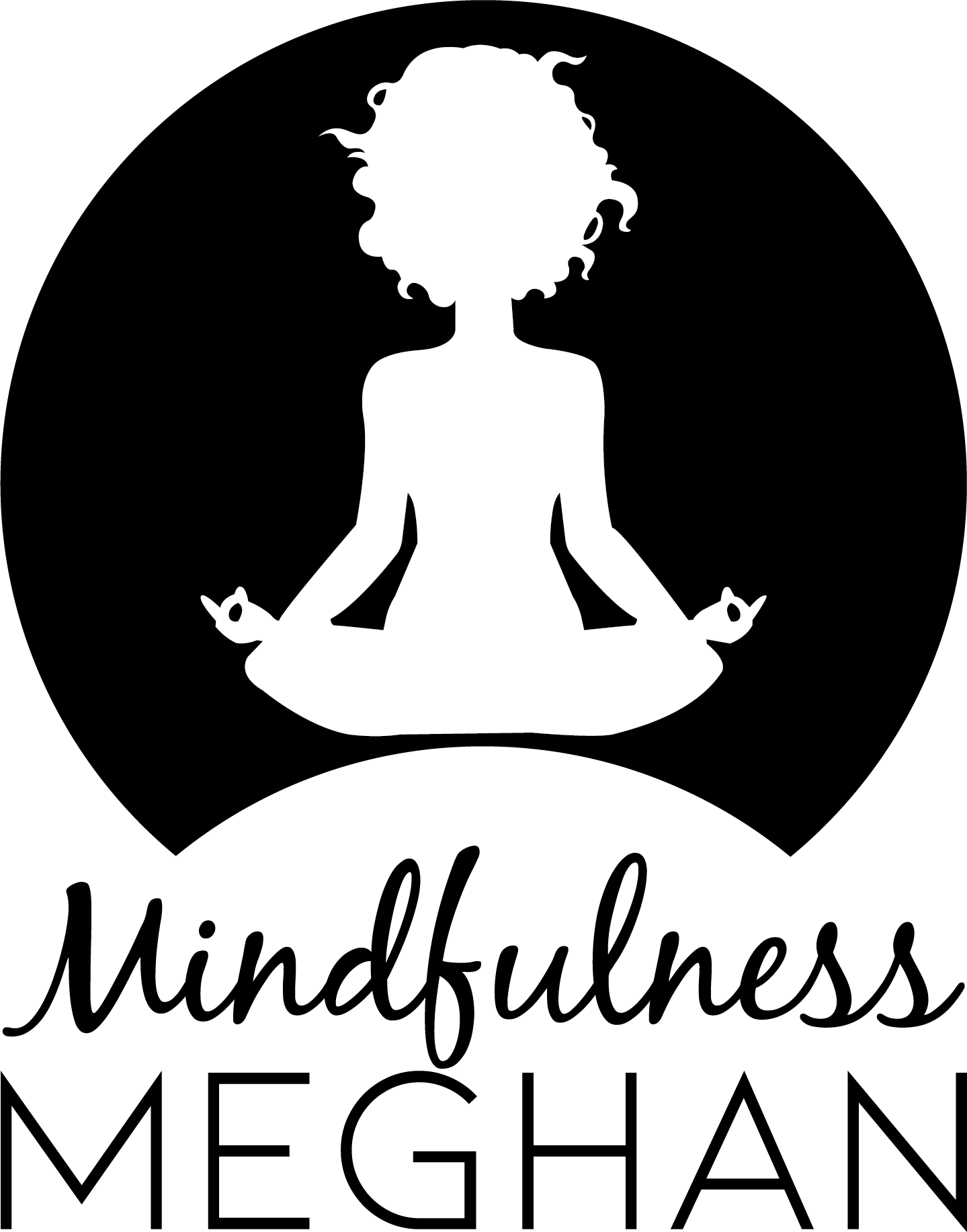What Counts as Knowledge? A Reflection on Compassion, Context, and Ideology
“To suspend the realm of meaning to get to ‘real’ conditions would be like killing a patient to study her blood.”
Terry Eagleton, Ideology: An Introduction
That quote stopped me in my tracks recently.
In studying ideology for my psychology degree, I came across Eagleton’s critique of the Enlightenment, a term I’d always associated with freedom, growth, and spiritual clarity through my mindfulness work. But in the world of Western philosophy and academia, Enlightenment means something very different. And that difference matters.
Enlightenment: Two Definitions, Two Worldviews
In Western thought, the Enlightenment (17th–19th century Europe) was a movement that emphasized reason, science, objectivity, and progress. It sought to liberate society from superstition and religion, replacing it with facts, logic, and what it claimed was universal truth.
But here’s the problem: That “universal truth” was really just Eurocentric, secular, male, and elite truth in disguise.
In contrast, in mindfulness and Afro-Indigenous traditions, enlightenment is not about conquering ignorance with data. It’s about living in right relationship with ourselves, others, and the Earth. It’s about presence, awareness, humility, and honoring mystery. Not control.
Why This Matters in Psychology, Education, and Healing
The more I learn, the more I notice how Western psychology still operates under Enlightenment ideology. It values what's measurable, repeatable, and detached. It often treats compassion as a behavior rather than a way of being. And it still asks questions like, “How can we treat marginalized people?” instead of “How have our frameworks marginalized people in the first place?”
This isn’t just theoretical. As Wade Nobles, a founding scholar in Black Psychology, writes:
“The powerful study the powerless… like colonialism, psychology becomes a tool to extract and manufacture knowledge that reinforces Euro-American supremacy.”
Extended Self: Rethinking the So-Called Negro Self-Concept (1976)
This lens, informed by decolonized psychology and mindfulness, reminds me that compassion without context is not truly healing. Knowing is not only cognitive; it is also embodied, ancestral, and shaped by power. Real liberation begins when we root awareness in relationship rather than in detachment.
Reification: The Invisible Mechanism
Another word I learned along the way is reification - when we treat human experiences, relationships, or identities as fixed, measurable “things.”
- “This is a rational person.”
- “That community is high risk.”
- “She’s just an angry Black woman.”
- “We don’t need to bring in race or culture, we should just treat people with compassion.”
That last one was something a classmate shared during a recent conversation. On the surface, it sounds generous. But it’s actually a perfect example of how reified thinking can erase complexity.
When we say “just use compassion” while ignoring race, culture, or gender, we’re treating identity as a distraction instead of an important part of someone’s reality. We’re assuming compassion can be practiced without context, as if every person comes from the same history, has the same wounds, or needs the same support.
But compassion without awareness is not compassion. It’s comfort. And comfort, especially for those in dominant groups, often comes at the expense of silencing what’s uncomfortable for others.
Reification makes these simplifications feel neutral or even virtuous. But in reality, they reinforce the same ideological hierarchies Eagleton, Nobles, and others are critiquing. They flatten complexity. They dehumanize.
A Return to Interdependence
What Eagleton critiques and what Nobles and Indigenous scholars like Leanne Betasamosake Simpson push back against, is the violence of abstraction.
UBUNTU — “I am because we are.”
In African and Indigenous worldviews, the self is relational, not individual. Knowledge is not about mastering the world, it’s about being in respectful relationship with it.
This reminds me why I root my work in mindfulness not as stress reduction, but as liberation. As repair. As reclaiming presence in a world that constantly tries to pull us out of it.
A Reflection
Where have you been taught that knowing more means being more right?
Where have you felt the pressure to prove your intelligence or value, rather than be with what’s alive in you and others?
And what would it feel like to reclaim not-knowing as an act of resistance?
I’m still learning, re-schooling, and holding the tensions of being in university while also working to decolonize the very frameworks I’m being taught. This is not a clean or easy path. But it is a meaningful one.
And I believe mindfulness, when rooted in cultural humility, anti-oppression, and relational care, is one of the most powerful ways we can come home to what’s real, together.
Thanks for reading. If this resonates, feel free to reach out or explore more about how I integrate embodied mindfulness, anti-racism, and educational justice into my work with students, educators, and communities.
www.mindfulnessmeghan.com
@mindfulnessmeghan

